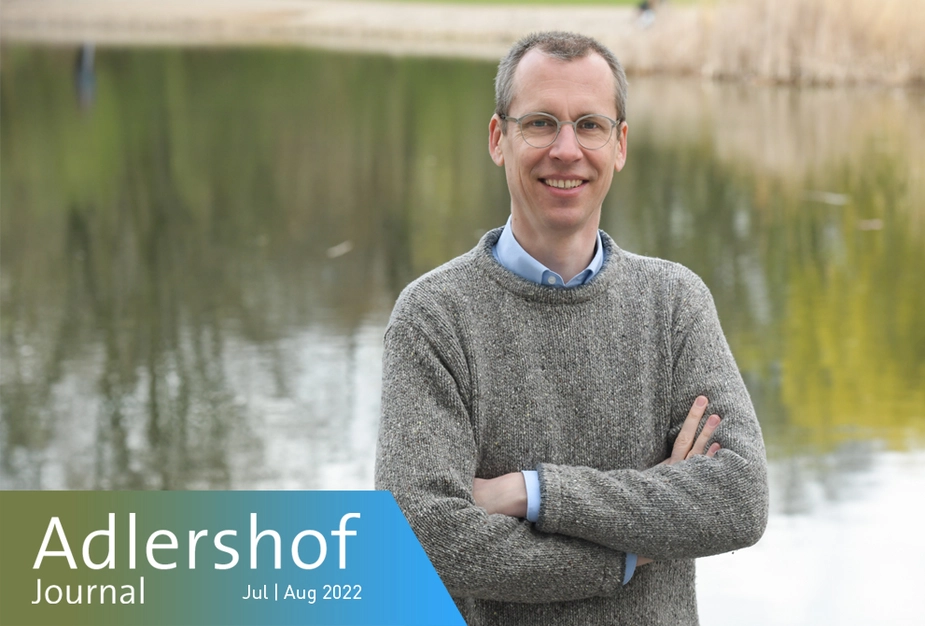“Do not tarry, water carry”
The Einstein Research Unit “Climate and Water under Change” is sketching out the future of water in Berlin and Brandenburg in cooperation with the public
Water as a resource in rural areas, the city, the ecosystem, and as part of municipal wastewater management: The research platform “Climate and Water under Change” (CliWaC) is bringing in the public to tackle the water risks of climate change in Berlin and Brandenburg. The platform pools natural scientific and social scientific expertise in more than 20 research projects, which identify problems, analyse needs, and design the future of water. The best part: The public can play an active part in all this and have an influence on how the region will use water in the future. In cooperation with Free University of Berlin, Technical University Berlin, Charité – Universitätsmedizin Berlin, and Humboldt-Universität zu Berlin, the three-year project has secured six million euros in funding.
What do the people in Berlin and Brandenburg think about water? What is their perception of the risks, what are their needs, and what are they prepared to do to adapt to changes brought about by global warming? Which changes must the administration in Berlin and Brandenburg make to react to the changed water conditions effectively? These are but some of the questions that Jörg Niewöhner and his colleagues seek to answer with the CliWaC project. The environmental scientist and the project’s co-speaker has a goal: To make the adjustments necessary to the way water is used together with and in the interest of the local public. “The aim is for the population of Berlin-Brandenburg and all stakeholders to cooperate in the development of different science-based approaches to the future of water. All the decisions in these areas should be based on a broad consensus among the public, the administration, and businesses.”
It is no coincidence that the project team focuses on water. “We are registering a distinct rise in temperatures in the region. Because of this, more water is evaporating from blue water, the woods, and the plains,” says Jörg Niewöhner. “According to projections, it will be hotter and drier in summer and somewhat milder and wetter in winter. For reasons yet unclear, winter precipitation has failed to materialise in recent years.” The result: Berlin and Brandenburg’s groundwater reservoirs are not filling the way they should. “For agriculture and forestry in Brandenburg, in particular, this is a huge problem,” says the scientist. Moreover, the increase in extreme weather events such as heavy rainfall is a challenge for the region. “In Berlin, the infrastructure is under attack: Cellars are flooded as well as the sewage system, which may lead to water quality issues. In rural Brandenburg, heavy rainfall hits dry soils, runs off the surface, and essentially ends up in the Baltic Sea. The main difficulty here is to keep the water in the landscape.”
In addition to developing solutions in an exchange with the public, the researchers at CliWaC will also work on climate projection issues and the weather forecasts derived from them. Several subprojects will focus on the concrete effects of global warming on the ecosystems in Berlin-Brandenburg. Among other things, the scientists want to investigate changes in biodiversity, microclimate effects, and impacts on agricultural production in the Spree basin area. “Based on the insights gained here, we want to work with stakeholders, policymakers, and administrators to reorganise administrative processes to better handle the uncertainties brought about by climate change, better cope with crises, and learn from them.”
Nora Lessing for Adlershof Journal
